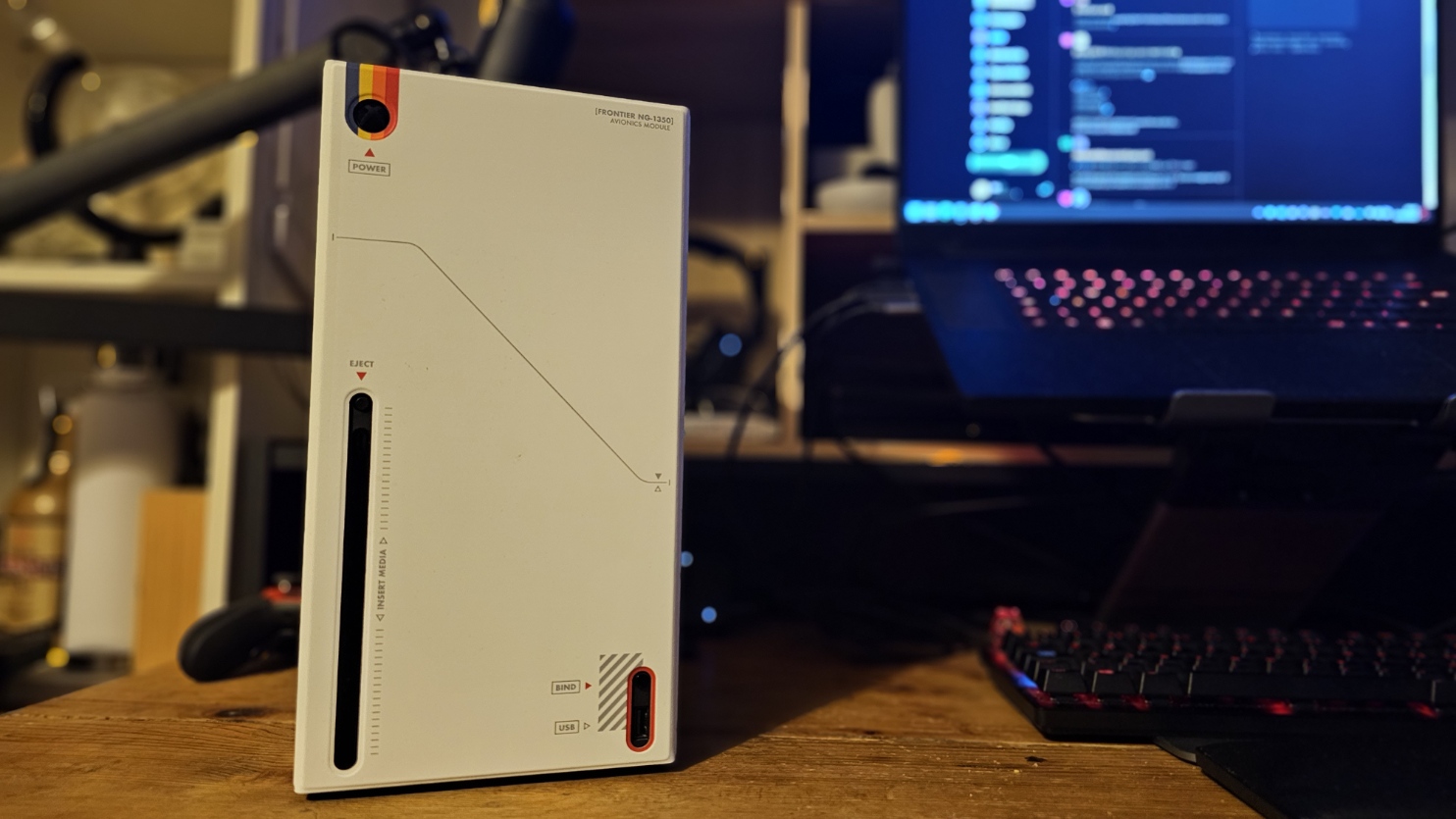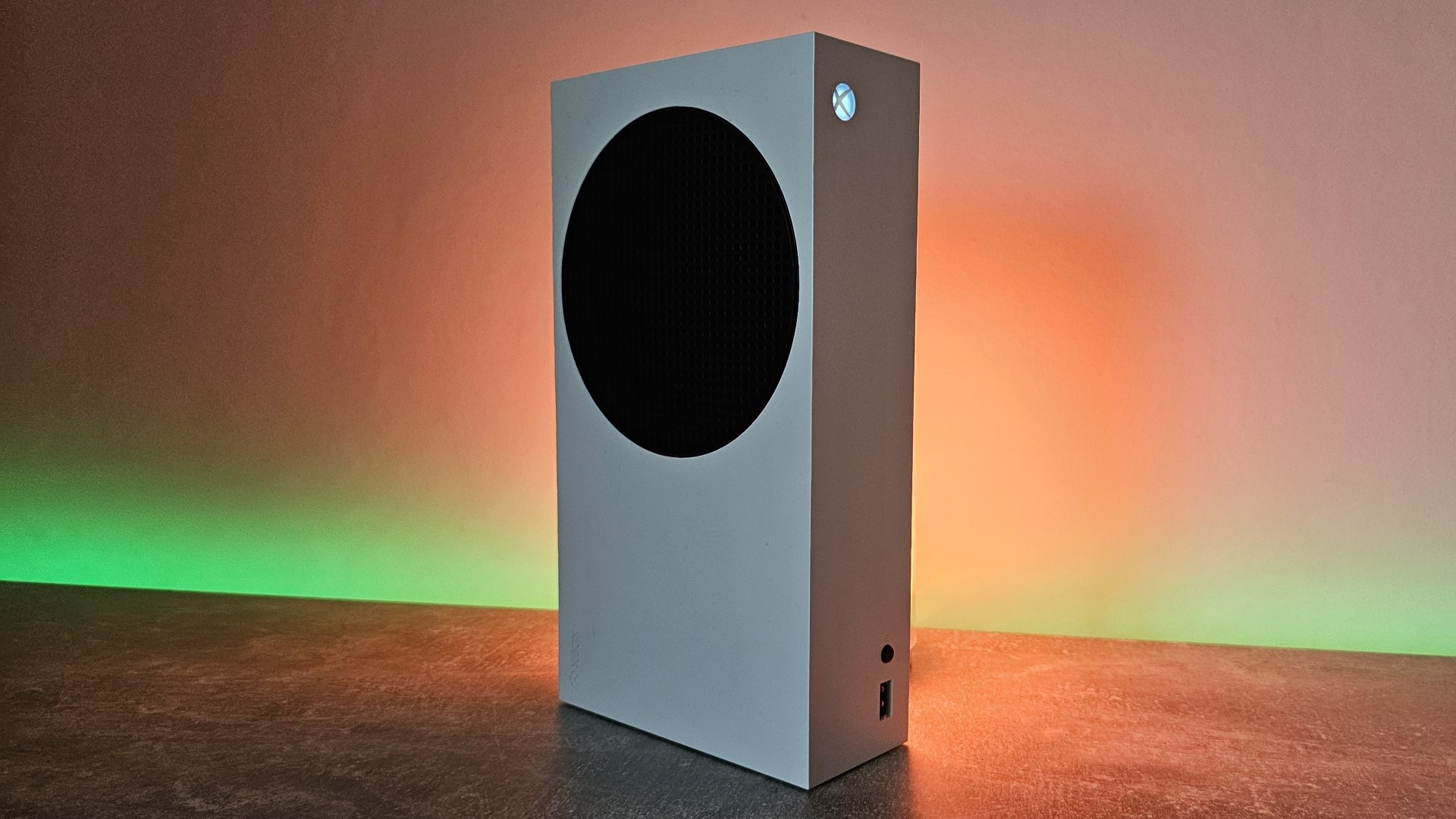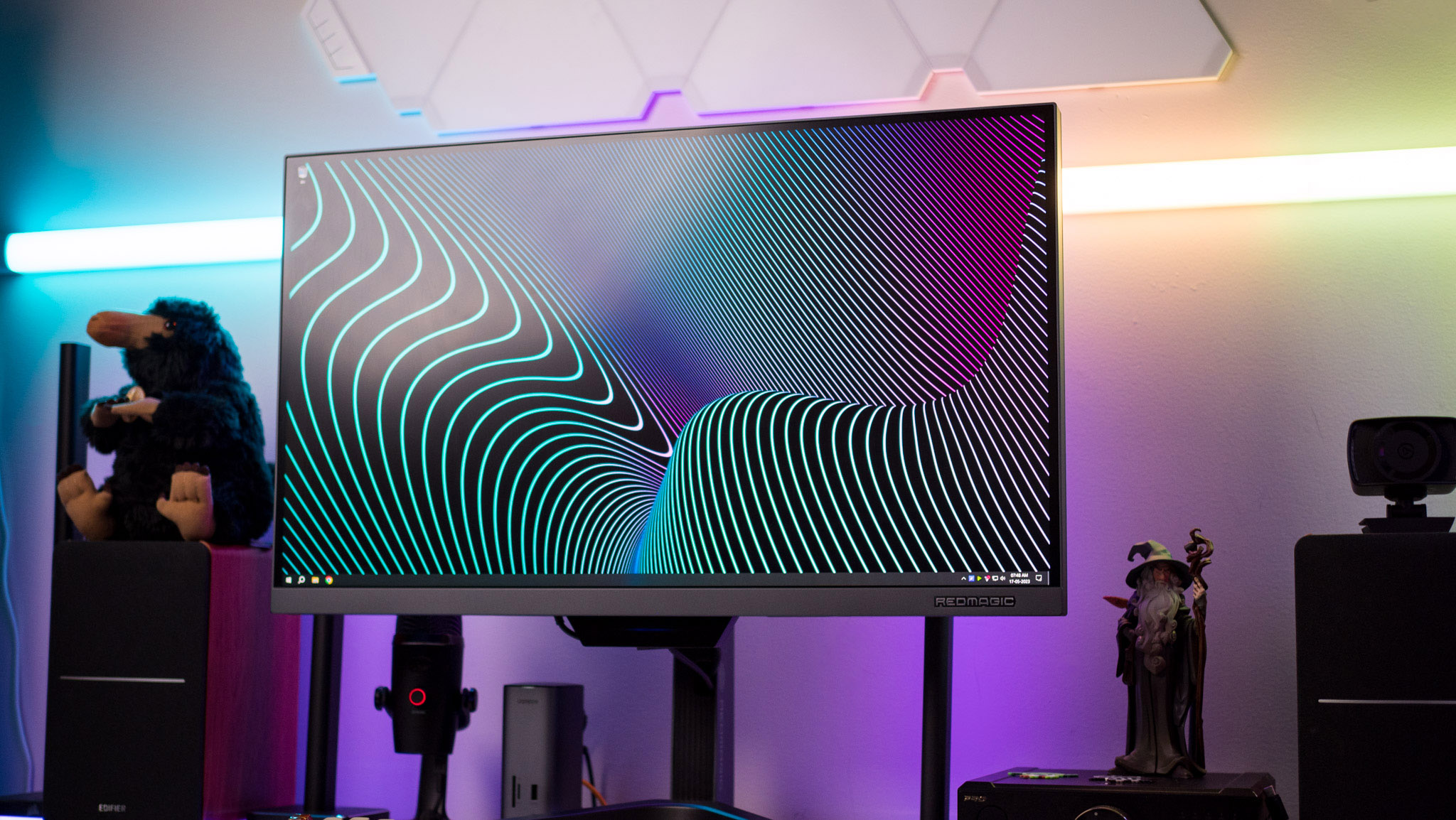
What you need to know
- Yesterday, Microsoft reported its quarterly earnings for the company, marking another strong quarter for the firm.
- For gaming specifically, Xbox grew by 61%, largely driven by Activision-Blizzard and services. This offset a hefty 42% decline year-over-year in Xbox hardware revenue.
- In comments to analysts, Microsoft CEO Satya Nadella described Xbox's forward-looking strategy, focusing on console, PC, and mobile.
Microsoft's Q4 2024 earnings report dropped yesterday, revealing strong growth for the firm. Microsoft grew 15% in total revenue, with strong growth in virtually every department. Surface continues its gradual retreat, though, dipping 11%, marking its seventh consecutive quarterly decline. One area where Microsoft has seen massive growth is gaming.
Buoyed largely by Activision-Blizzard and services, Xbox saw its revenue explode by 61%, with further growth predicted for future quarters too. Without Activision, Xbox would've grown by 4%, which is a fairly impressive result in its own right, bucking some industry downturn. It wasn't all rosy, though, as Xbox hardware continued its declines, dropping 42% year-over-year. Microsoft emphasized that its gaming audience has ballooned to an absurd 500 million monthly active users, making it one of the biggest gaming platforms in history. Increasingly, though, those users aren't on traditional consoles like the Xbox Series X and Xbox Series S.
Speaking to analysts during yesterday's earnings call, Microsoft CEO Satya Nadella described Xbox's evolving strategy, while noting that console still remains at the core of the operation.
"For us, our investment in gaming fundamentally was to have, I would say, the right portfolio of both what we love about gaming and always have loved about gaming — which is Xbox, and the content for the console, and expand from there so that we have content for everywhere people play games, starting with the PC."
Elaborating further, Satya reiterated that Activision was primarily about expanding Xbox's footprint beyond console, to mobile and PC specifically, where Xbox has traditionally struggled. Activision has games like Hearthstone, Diablo Immortal, and Candy Crush Saga under its belt, making it something of a mobile power house.
"So, when I think about the Activision portfolio, it comes with great assets for us to cover both the PC and the console. And then, of course, assets to cover mobile sockets, which we have never had. So, we feel that now we have both the content and the ability to access all the traditional high-scale platforms where people play games, which is the console, PC, and mobile. But we're also excited about these new sockets, right?"
Nadella reminded investors that Xbox had just expanded its Xbox Cloud Gaming platform to Amazon Fire TV Stick 4K devices, which allows users access to hundreds of Xbox console games for just $50 upfront costs. This is far more affordable than the $250 Xbox Series S or $499 Xbox Series X, although cloud gaming does require suitable network conditions for an optimal experience. Microsoft stated previously that Xbox Cloud Gaming is a "double digit" year-over-year growth vector for the platform, and considering the server blades are based entirely on Xbox console hardware, it expands the Xbox console footprint as a result, both for customers and developers.
"That's the type of new access that really helps us a lot, in reaching new gamers or the same gamer everywhere they want to play. And that ultimately will show up in that software plus services and transaction revenue for us, which is really our long-term KPI, and that's what we're building toward."
🔥THE HOTTEST TRENDING DEALS🔥
-
Amazon Fire TV Stick 4K Max + Xbox Wireless Controller + Xbox Game Pass Ultimate (1-month) |
was $119.98now $82.85 at Amazon -
Xbox Game Pass Ultimate (3-months) | was
$49.99now $29.89 at CDKeys -
ASUS ROG Ally (Z1) | was
$499.99now $399.99 at Best Buy -
HP Victus 15.6 Gaming Laptop (Ryzen 5, RTX 4050) | was
$979now $599 at Walmart -
Surface Pro Signature Keyboard (Multiple colors) + Surface Slim Pen 2 | was
$279.99now $112.99 at Best Buy -
Razer DeathAdder V3 Wired Gaming Mouse | was
$69.99now $50.99 at Best Buy -
Razer Basilisk V3 Wired Gaming Mouse | was
$69.99now $49.99 at Best Buy -
Lenovo ThinkStation P3 Tiny Workstation (Core i5 vPro) | was
$1,759.00now $879.00 at Lenovo -
Geekom A8 Mini PC (Ryzen 9) | was
$1,099.99now $699.99 at Geekom w/ code WINDA8OFF -
No Man's Sky | was
$59.99now $21.39 at CDKeys (PC, Steam)
Xbox hardware has declined, but the industry has never been about hardware sales


• Best Xbox / PC headsets in 2024
• Best upcoming Xbox / PC games
• Best Xbox controllers
• Best Xbox accessories
• Best small gaming PCs
• Best gaming laptops in 2024
The video game platform industry has evolved in recent years. Traditional console commentators longing for the days of the Xbox 360 and PlayStation 3 landscape often forget the fact that we now live in a world dominated by free-to-play, service-type games that are driven primarily by microtransactions, rather than upfront premium purchases. While traditional $70 boxed games aren't in any danger of going away, the emergence of "forever" games has given previous generation consoles like the Xbox One and PlayStation 4 an unnaturally long life span, as many players are happy to stay where they are, playing games like FIFA, Call of Duty, and Fortnite, which still launch and update on past-gen consoles.
Microsoft has evolved its strategy to meet this new landscape, taking ownership of some of the world's biggest service games to accommodate the shift. Costs inevitably always increase, and thus so too must monetization. There's an argument to be made that it's potentially better margins for a 2024 player to remain on the platform where they're at and meet them there, rather than spend money to acquire them into your platform. This is the reason why we've seen Microsoft expand to PC and even PlayStation, bringing Sea of Thieves and other Xbox "exclusive" titles to new horizons.
I've argued that Microsoft should be careful of hollowing out what they already have, though. By neglecting their existing core console audience, they run the risk of precluding themselves from shaping the direction of the gaming industry. Handing your mobile future to third-parties such as Apple and Google, while handing your PC gaming future to platforms like Steam, is not exactly without risk. Apple will do everything it can to undermine Microsoft's planned Xbox mobile gaming store, for example. Having an endpoint you fully and wholly control will serve Xbox well into the future, if it doesn't alienate those who have stuck around.
RELATED: For Xbox and Game Pass, having great games might not be enough
Either way, the dilemma Microsoft and other platform holders face right now revolves around acquiring new users. You'll notice Nadella mentioned "reaching new gamers" with cloud, while also noting "same gamers" in the same breath. Microsoft, PlayStation, and Nintendo are oftentimes just trading the same install base of around 250 million users, which isn't sustainable as costs increase. How exactly Microsoft can convert the non-gaming or hyper-casual masses to become high-revenue customers remains to be seen, but following traditional strategies may not be enough.







